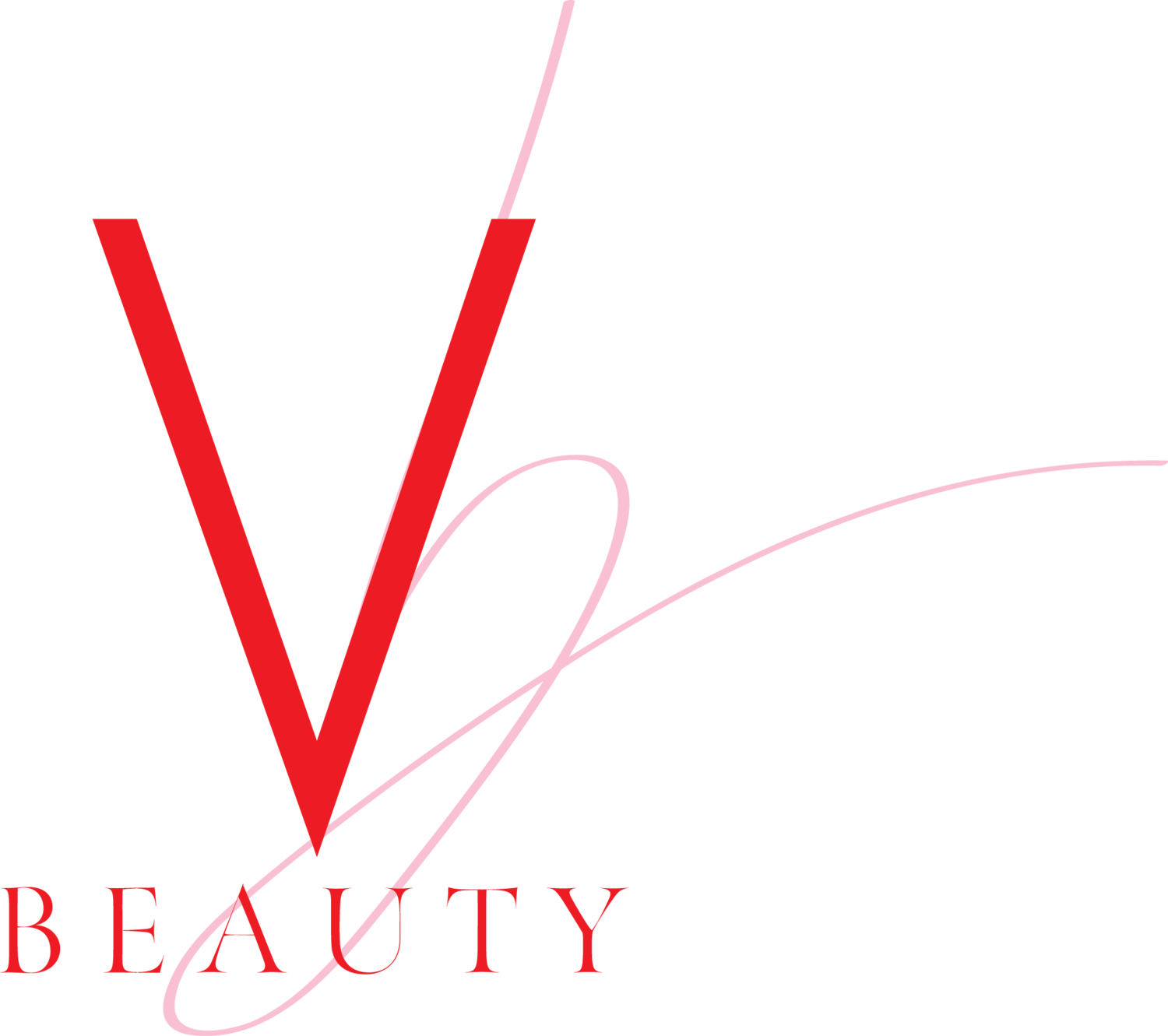The natural cure for oily skin and acne
Image: Shutterstock
The monsoon is in full swing and pretty much everyone is battling oily skin and acne. But before you begin popping pills or using harsh anti-acne products, find out what causes oiliness and how can you cure it. Pedro Catalá, pharmacist and founder, Twelve Beauty, gives us natural alternatives to heal problem skin.
Pdero Catalá of Twelve Beauty
What causes acne and oily skin? Is it something beyond genetics?
The origin of oily skin is an exaggerated response of the sebaceous glands located in the deep dermis: This condition leads to an excess of concentrated sebum in the superficial layers of the epidermis giving the skin a greasy, oily and unhealthy appearance.
The main causes of acne are:
1. Hormonal imbalances: The sebaceous gland, in response to male hormones (testosterone), present in both the male and female, produces an excess of sebum. This does not mean that there is a hormonal imbalance, but simply the sebaceous gland ‘works’ in excess.
2. Bacterial causes: Acne is favoured by a bacteria called Propionibacterium Acnes that normally lives on the skin under physiological conditions.
3. Genetic Predisposition: If you belong to a family where your relatives have suffered from acne, your chances are higher but at least you can prevent it for instance by changing your diet and your skincare regime.
How can we heal ourselves without resorting to medicines and super strong creams?
I personally have observed great results with Burdock root extract is an excellent antiseptic and has purifying properties. Also propolis can be used as an antibacterial and is also very soothing (if acne is painful). If you are a fan of essential oils, there are plenty of choices from thyme, lemon, lemon balm, cypress, geranium and lavender. You can add them to your favourite purifying clay based mask. Another ingredient I use, is epilobium extract. It is packed with a tannin called oenothein B which neutralises the enzyme responsible for excessive production of sebum (5-alfa reductase)
What can we eat for better skin?
I am not aware of an anti-acne diet but some of the prescribers I know recommend a healthy diet. Reduce the intake of refined carbohydrates and increase the amount of fibers, mineral salts and vitamins. Limit salt and alcohol and do not forget your 5 a day portion offruit and vegetables. If you need extra support seek some supplements especially the ones indicated for liver detox such as artichoke or boldo.
What should we avoid topically to prevent acne and how do we heal it?
Avoid occlusive ingredients such as propylene glycol, silicone derivatives such as Dimethicone and Cyclomethicone, mineral oil, paraffin, lanolin, and beeswax.
Some good ingredients to treat:
Birch leaf extract: Active ingredients (flavonoids, caffeic acid, ascorbic acid, tannins, vitamin C, etc.), acting synergistically, give extraordinary dermo-purifying, soothing, astringent and antioxidant properties.
Green tea leaf extract. Rich in tannins, has astringent properties, antioxidants, and dermo-purifying properties.
Kaolin regulates sebum production by absorption. It is also a good exfoliant.
Azelaic acid. Balances skin’s sebum production by inhibiting an enzyme called 5-alpha reductase
Are there any natural products/ingredients that can help balance the complexion?
Yes, azelaic acid. Balances skin’s sebum production by inhibiting an enzyme called 5-alpha reductase and epilobium extract, They workin the same way.
How can we heal hormonal acne without medication?
Supplements are the best, such as zinc, artichoke and milk thistle. There are some studies on vegetable oils rich in omega 3 fatty acids like chia and flax seed oils and their benefits on hormonal acne.
Do we need to apply something on our face every night? Or is it better to let the skin ‘breathe’? Night time treatments are all about regeneration, healing and repair. I advise to use a serum containing ingredients mentioned before such as azelaic acid o epilobium extract. azelaic acid is a natural antibiotic found in rye, wheat and barley. It’s a great alternative to conventional medicated preparations like metronidazole gels, which are frequently prescribed by dermatologists. You may find it on the label as potassium azeloyl diglycinate.
What are the worst habits in terms of skincare and diet that lead to excessively oily/ breakout prone skin?
Unhealthy diets and inadequate skincare (possibly creams that are too rich but sometimes dehydrate the skin). The skin is very clever, when it is very dry, sends a signal to the brain to ask for more sebum, sometimes the brain has an exaggerated response leading to an excess of oil on the skin, so achieving the ideal moisture level on the skin is essential to be perfectly balanced.
Can we reduce oiliness with skincare?
Yes, epilobium extract and azelaic acid are the best ingredients.



